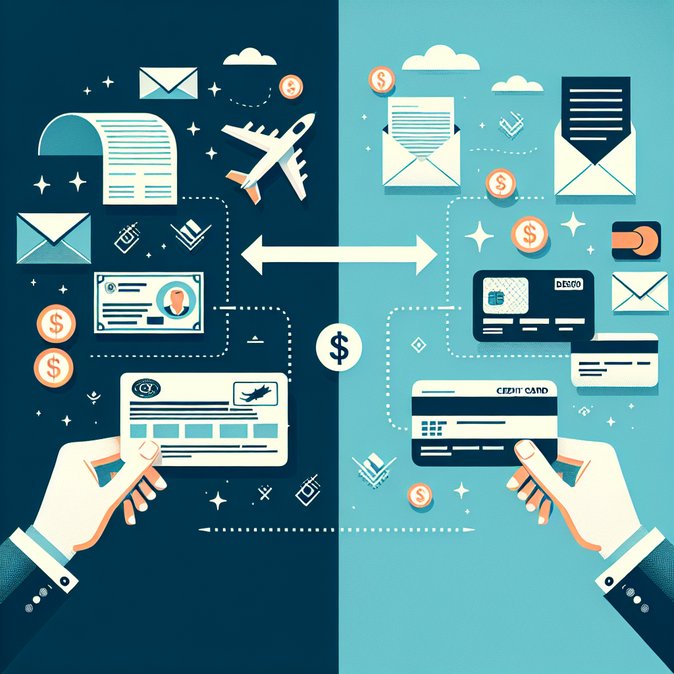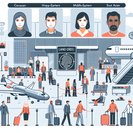
In another step toward end-to-end digital adjudication, U.S. Citizenship and Immigration Services confirmed that, as of 29 October 2025, all fees for paper-filed immigration applications must be paid electronically. Applicants mailing Form I-129, I-130, I-765 and dozens of other petitions must include either Form G-1450 (credit/debit authorization) or Form G-1650 (ACH bank draft). Money orders and paper checks will be rejected.
USCIS officials say eliminating cash and check handling will accelerate intake by up to two weeks, reduce lockbox errors and cut fraud exposure tied to counterfeit money orders. The change aligns the paper channel with the agency’s online filing portal, where e-payment has been standard for years.
For corporate mobility teams, the policy means updating law-firm instructions, treasury workflows and internal audit controls. Companies that still bulk-file H-1B amendments or L-1 blanket petitions by courier must ensure authorized signatories have access to corporate credit cards with sufficient limits or to ACH routing. Filing packages missing valid e-payment forms will be rejected, potentially jeopardizing status if a statutory deadline passes.
Practitioners welcome the modernization but warn of initial hiccups, including card declines triggered by fraud filters and ACH reversals if payer accounts lack funds. USCIS says rejected payments will result in a notice of deficiency, not an automatic denial, but applicants will have only ten calendar days to resolve the issue.
The initiative is part of a broader DHS digital-transformation agenda that includes planned e-certification of labor condition applications and an AI-driven triage tool for RFEs by early 2026.
USCIS officials say eliminating cash and check handling will accelerate intake by up to two weeks, reduce lockbox errors and cut fraud exposure tied to counterfeit money orders. The change aligns the paper channel with the agency’s online filing portal, where e-payment has been standard for years.
For corporate mobility teams, the policy means updating law-firm instructions, treasury workflows and internal audit controls. Companies that still bulk-file H-1B amendments or L-1 blanket petitions by courier must ensure authorized signatories have access to corporate credit cards with sufficient limits or to ACH routing. Filing packages missing valid e-payment forms will be rejected, potentially jeopardizing status if a statutory deadline passes.
Practitioners welcome the modernization but warn of initial hiccups, including card declines triggered by fraud filters and ACH reversals if payer accounts lack funds. USCIS says rejected payments will result in a notice of deficiency, not an automatic denial, but applicants will have only ten calendar days to resolve the issue.
The initiative is part of a broader DHS digital-transformation agenda that includes planned e-certification of labor condition applications and an AI-driven triage tool for RFEs by early 2026.









